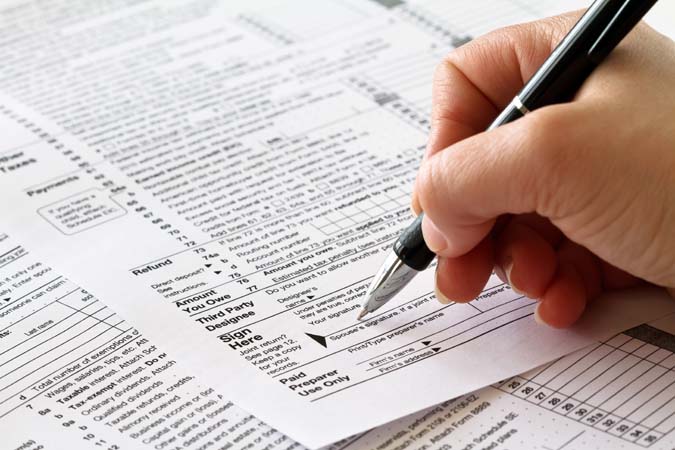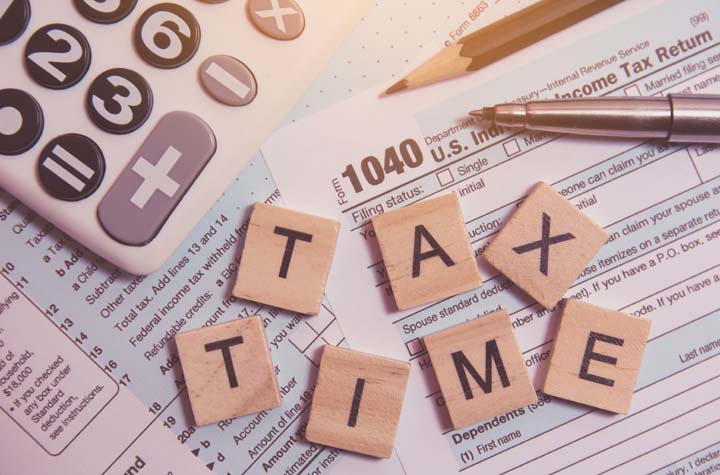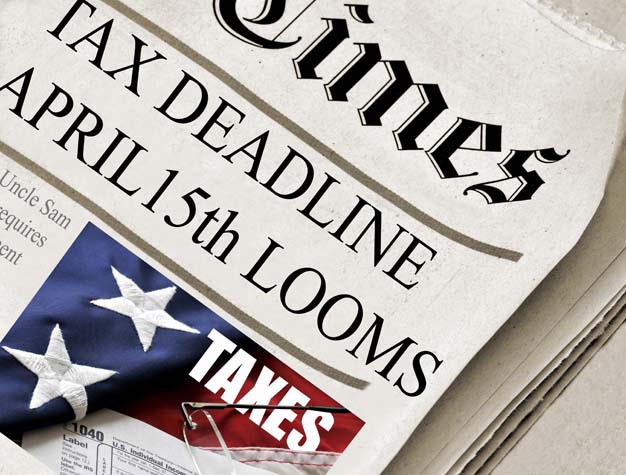Can you file taxes for free anywhere Fayetteville NC
Tax season is upon us once again Don't rush to your nearest tax professional without doing your homework. In order to make sure that you're working with a reputable tax preparer, it's a good idea to investigate their complaints and look up their history at bbb.org. Find out the status of licensure through states' boards of accountancy that regulate certified accountants and the IRS Office of Enrollment for certified tax preparers.
Don't be fooled by an "Ghost" preparer. In the words of the IRS, "a ghost preparer does not sign a tax return that they prepare. Unscrupulous ghost preparers will print the return, and inform that taxpayers to sign and return it to IRS. For e-filed returns the ghost prepares but will not digitally sign as the"paid preparer."



